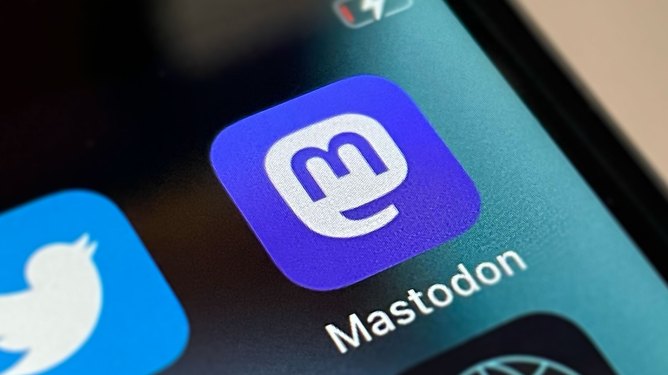The social media landscape is constantly evolving, with various platforms vying for dominance. The latest development comes from the United Kingdom’s national public service broadcaster, the BBC, which has set up its own Mastodon instance as part of an experiment to explore the decentralized network.
A Six-Month Experiment
According to a blog post by Tristan Ferne, of BBC Research & Development, the organization plans to operate on Mastodon for six months. After this period, the decision will be made whether to continue using the platform or not. The main goal of this experiment is to understand how the BBC can effectively use Mastodon as an additional channel for its content.
Why Mastodon?
Mastodon is a decentralized social network that allows users to host their own servers and connect with others across different platforms. This approach differs significantly from traditional social media platforms, where data is controlled by a single entity. By joining the fediverse, the BBC aims to increase its online presence and reach a broader audience.
A Growing Trend
The adoption of Mastodon and other decentralized networks is gaining momentum worldwide. The nonprofit U.S. broadcaster, NPR, has already set up a presence on Mastodon and has been actively posting content. This trend suggests that traditional media outlets are exploring alternative platforms to expand their reach.
Challenges Ahead
While the BBC’s decision to experiment with Mastodon may seem like a positive step forward, there are several challenges that need to be addressed. For instance, navigating the complexities of decentralized networks and ensuring the integrity of content can be a daunting task for media organizations.
Comparison with Traditional Social Media Platforms
One of the main advantages of Mastodon is its ability to allow users to host their own servers, giving them more control over their data. This approach contrasts sharply with traditional social media platforms like Twitter, where data is controlled by a single entity and can be subject to censorship.
Twitter vs. Mastodon: A Comparison
In recent times, Twitter has been facing criticism for its handling of free speech and the moderation of content. The platform’s ownership, Elon Musk, has been accused of favoring certain ideologies over others. This has led many users to seek alternative platforms like Mastodon.
BBC’s Experiment with Mastodon: A Leap into the Unknown
The BBC’s decision to experiment with Mastodon is a bold move that may pave the way for other media organizations to follow suit. As the social media landscape continues to evolve, it will be fascinating to see how decentralized networks like Mastodon change the way we consume and interact with online content.
BBC’s History with Social Media
The BBC has been an early adopter of social media platforms, using them to reach a wider audience and engage with its users. The organization has also faced challenges in dealing with misinformation and the moderation of user-generated content on these platforms.
Conclusion
In conclusion, the BBC’s decision to experiment with Mastodon is a significant development in the world of social media. As the landscape continues to evolve, it will be interesting to see how decentralized networks like Mastodon change the way we interact with online content and how traditional media organizations adapt to these changes.
Recommended Reading
- Mastodon: A Beginner’s Guide – This article provides an introduction to the basics of Mastodon and its features.
- The Rise of Decentralized Social Networks – This piece explores the growing trend of decentralized social networks and their advantages over traditional platforms.
- BBC’s Experiment with Mastodon: What You Need to Know – This article delves deeper into the BBC’s experiment with Mastodon, discussing its goals and potential implications.
